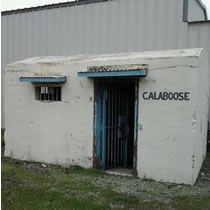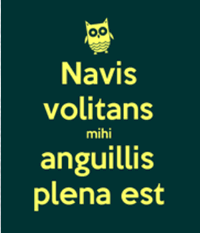Yesterday I went to see the ankle specialist at the local hospital,. He said that my ankle has healed well and just needs a bit of physiotherapy. I can start to wean myself off the orthopedic boot, using it less and less each day, and crutches as well. I didn’t wear the boot yesterday afternoon, and tried to get around a bit without the crutches. This worked okay, but when I went out last night to a gig, I wore the boot and took the crutches.
Today I went back to the hospital for some physiotherapy, without the boot, but with the crutches. The physiotherapist gave me some exercises to do, and said that I should try to move my ankle as much as possible. Within a few weeks I probably won’t need to crutches anymore, and in a few months my ankle should be back to normal. I’ll do all the exercises dilligently, and devise others as well, as I want to be fully mobile as soon as possible.
The physiotherapist suggested that I sit with my ankle raised for 20 minutes each hour. I plan to use this time to study languages, practise music, or read. At the moment I’m studying Russian, Swedish and Romanian, mainly on Duolinguo, while keeping my other languages, especially the Celtic ones, ticking over.
The word physiotherapy comes from physio, from Ancient Greek φύσις (phúsis – nature) and therapy, from New Latin therapia (therapy), from Ancient Greek θεραπεία (therapeía – service, medical treatment), from θεραπεύω (therapeúō – I serve, treat medically).





